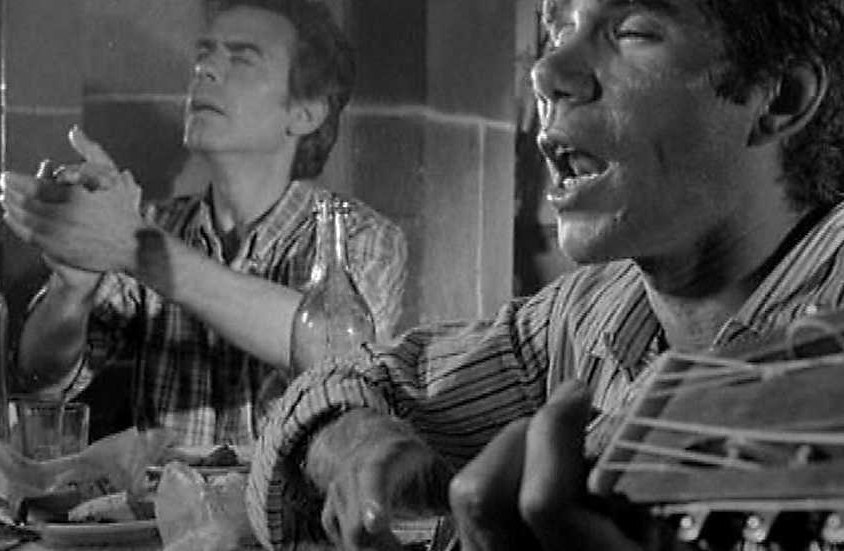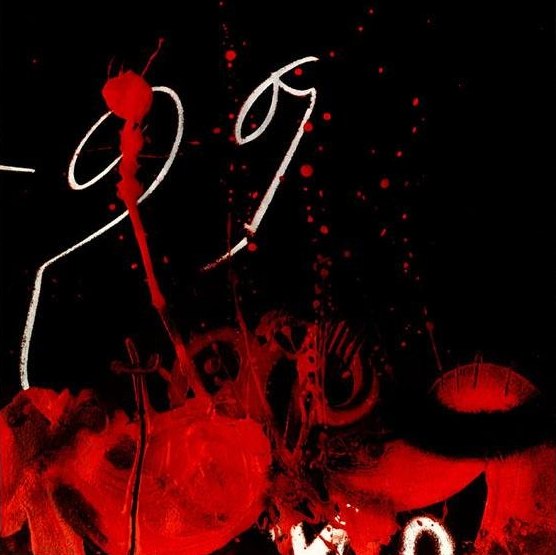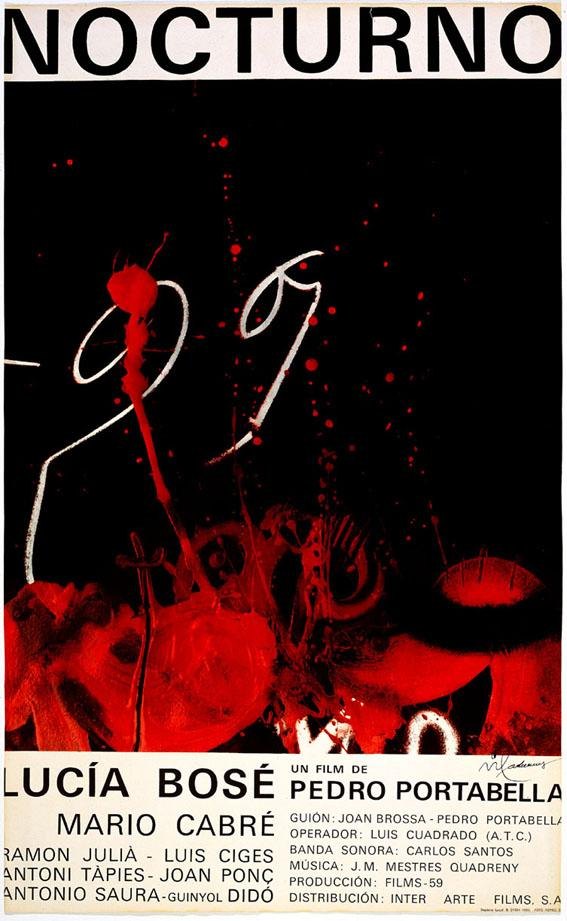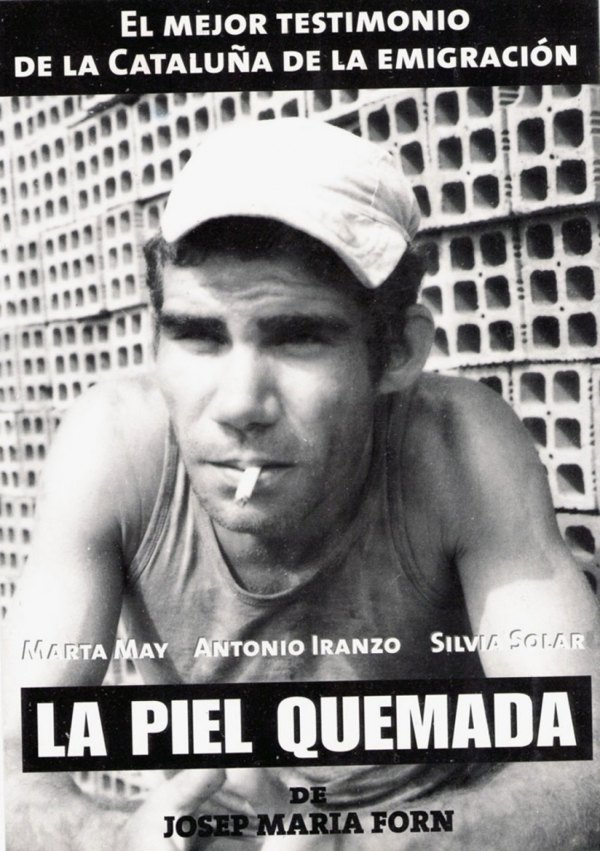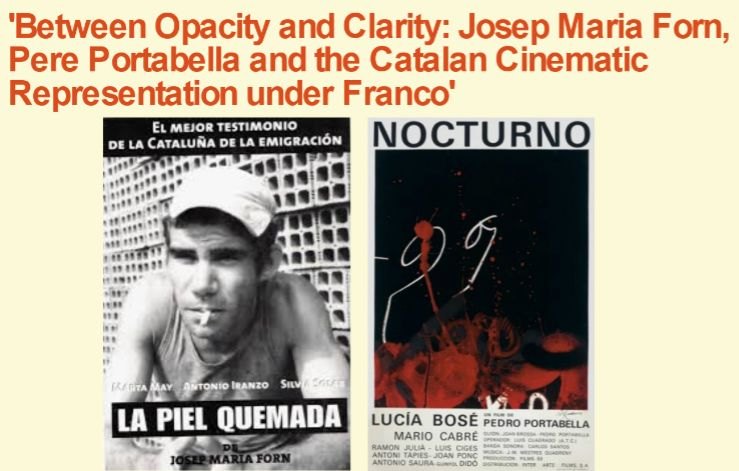‘Between Opacity and Clarity: Josep Maria Forn, Pere Portabella, and Catalan Cinematic Representation under Franco’
Tue 28 March 2017 // 5pm - 6pm
Queen Mary University of London
Mile End Road
Laws Building. Room 102
London E1 4NS
Book your free ticket here
The Queen Mary Catalan Seminars are organised by the Centre for Catalan Studies, Queen Mary University of London in collaboration with the Institut Ramon Llull.
This talk examines the cinematic representation of Catalonia in the late 1960s and early 70s, when Catalan culture, and especially the cinema, despite a relative 'liberalisation', continued to be the object of considerable censorship. Reflecting on two very different filmmakers, Josep Maria Forn and Pere Portabella, and two very different modes of filmmaking, neo-realism in Forn’s La piel quemada (1967) and the neo-avant garde in Portabella’s Nocturn 29 (1968) and Vampir cuadecuc (1970), the talk addresses questions of audience and intelligibility, speech and silence, entertainment and resistance.
Professor Brad Epps
Brad Epps is Professor of Spanish and Head of the Department of Spanish and Portuguese at the University of Cambridge. He is also Professorial Fellow at King's College, Cambridge. He was Professor of Romance Languages and Literatures and Professor and former Chair of the Committee on Degrees in Studies of Women, Gender, and Sexuality at Harvard University for over two decades.
His research interests include eighteenth to twenty-first century Spanish and Latin American literature, Catalan literature and film, Ibero-American cinema, photography, and art, Hispanophone Africa, theories of visuality, modernity, critical theory, gender and sexuality studies, feminist thought, queer theory, urban cultures, immigration, and post-colonial studies, among others.

